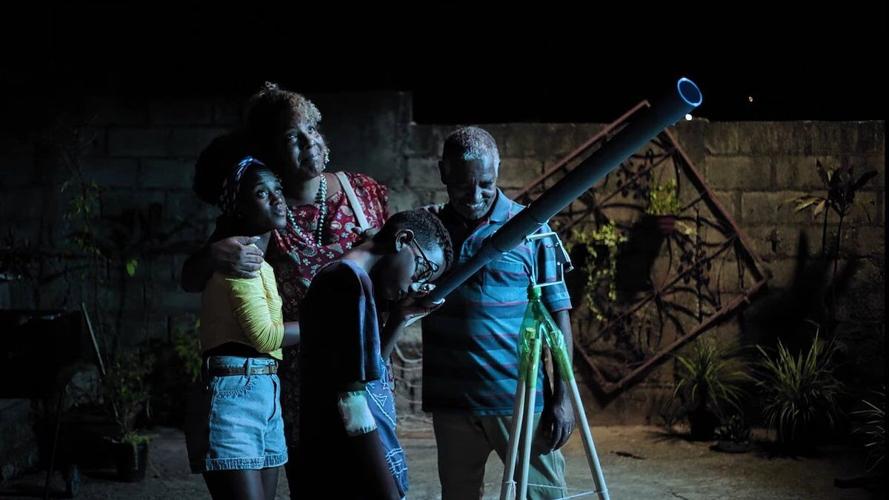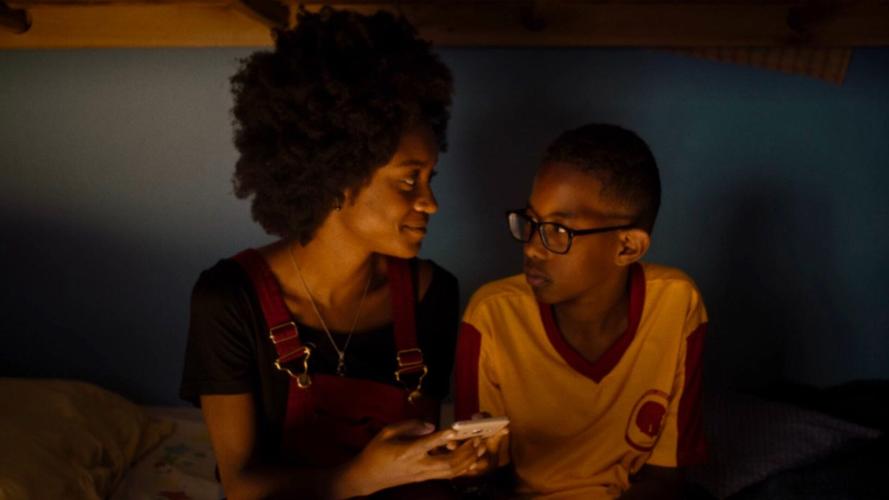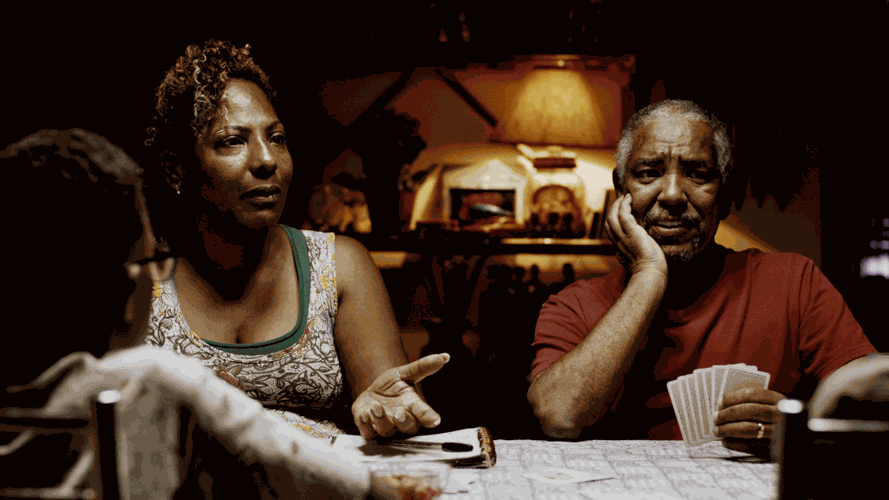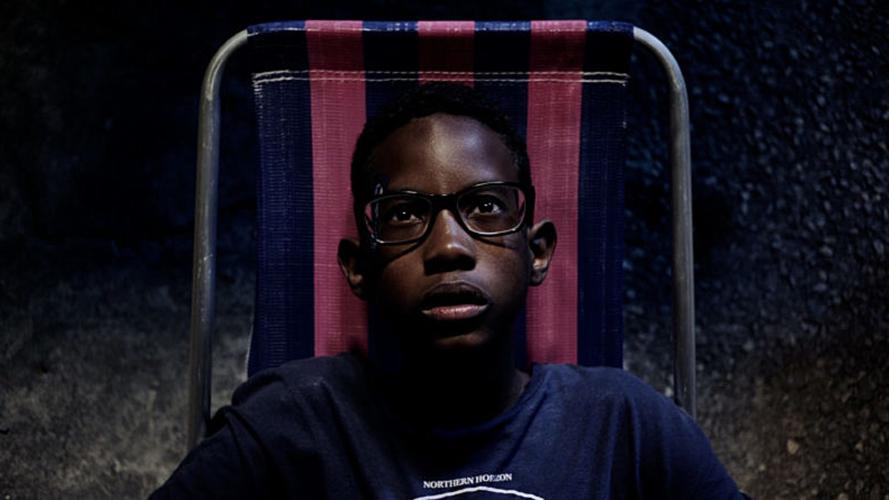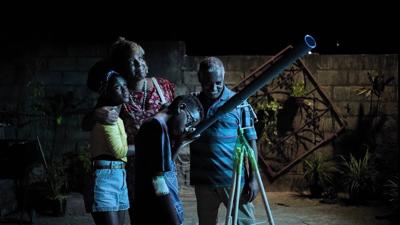Brazil's official submission to the 95th Academy Awards for Best International Feature didn't make the shortlist, but it's one of a few films to center on a Black family and include queer characters. Afro-Brazilian writer-director Gabriel Martins is also dealing with interesting thematic ideas. The title refers to a project to send human beings to the planet Mars. That project failed when it filed for bankruptcy in early 2019 with a lot of people criticizing it for trying to do something it couldn't afford or having expectations it couldn't deliver. As one watches this film, one realizes that this space project is a perfect metaphor for what the family depicted here on the ground experiences.
Martins' film kicks off with the election of Jair Bolsonaro in 2018 as the 38th President of Brazil. It would probably take people who are more knowledgeable about Brazilian politics to make any connections between the narrative or themes and the politics of Bolsonaro who was likely the Donald J. Trump-equivalent of that South American country. Martins' film is likely in protest of Bolsonaro who was considered more right-wing, but it feels more like a response or commentary on the 2014 economic crisis, which highly affected Brazilians, including the working-class minorities depicted here.

Cícero Lucas stars as Deivinho, a Black Brazilian boy who is possibly 12 or 13. He's clearly a young kid who loves science. He lights up learning about volcanoes in school, but his preference seems to be astrophysics and astronomy. He finds junk from the scrapyard in order to make his own telescope, so he can stare into the night sky. When he hears about the project to the fourth body from the Sun in our solar system, he begins to dream about being one of the first humans to go to the red planet. This clashes with what his father wants, which is to become an athlete, a professional one.
Deivinho can be a very quiet and unassuming person, but he has the capacity to be active and outgoing. He'll ride his bicycle with his friends. He'll play soccer, but his preference is to have his head in the clouds, pursuing his dream of going to space. His father is an avid soccer fan and wants his son to become one as well, and indeed go further and be like his favorite player, Juan Pablo Sorín. However, Deivinho would rather be like the scientist, Neil deGrasse Tyson.

Camilla Damião co-stars as Eunice aka "Nina," the older sister to Deivinho. She's probably 18 or so. She seems to be attending college but is still living at home with her brother and parents. She's a lesbian who is closeted, at least from her family. She's nervous or hesitant to come out to them. She's also eager to move out, have her own apartment and live more independently.
Carlos Francisco also co-stars as Wellington, the father to Deivinho and Nina. He's a recovering alcoholic who has been sober for four years. He has a job as a handyman and house-sitter for wealthy condo owners in a really nice apartment complex. He has an interest in landscaping and would love to do more, but his co-worker constantly complains about the low salary and the economic disparity, which is pushing Wellington's friend to want revolutionary action or maybe something criminal.

Rounding out the cast is Rejane Faria who plays Tercia, the mother to Deivinho and Nina. She's also the wife to Wellington. Her reaction to her daughter's homosexuality seems like it might be one of disapproval. This would be odd, given that one of her friends is Tokinho, a little person who appears to be queer and openly so. Tercia's anxieties are intensified when she starts experiencing strange events and moments of bad luck. She wonders if her presence alone is contributing to the misfortune in her family.
Through her, the film explores the psychical effect that the socioeconomic issues surrounding the population here are experiencing. It's also the expectations that people can have or put on others, especially loved ones. Martins' choices in his camera shots, which are often fixed and focused on faces, exemplify those psychical effects, how people feel and react in certain moments. It's a marked difference from something like Alexandre Moratto's Sócrates (2019), which is one of my favorite films and is a perfect companion to this.

Rated TV-MA for language, nudity, sexuality and smoking.
Running Time: 1 hr. and 54 mins.
Available on Netflix.

